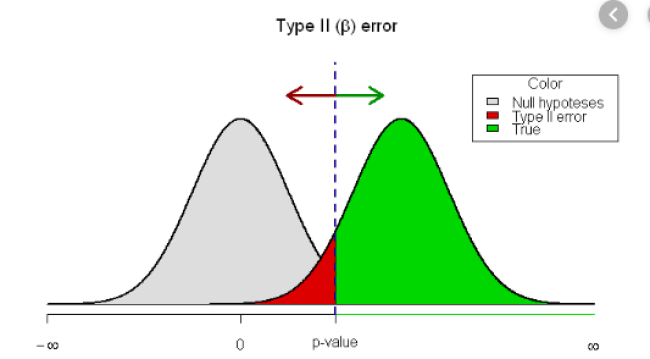Serious stats and some skepticism with Dr. Austin Williamson

(Excerpted from Bowtie Admissions, a blog by Augustana Vice President W. Kent Barnds. Here he is writing about a series of classroom visits he made in 2019.)
Dr. Williamson started Statistics for Psychology (Psych 240) by challenging his students with an article from Vox that described research concluding that children who grow up in religious households tend to be less generous and philanthropic. He challenged the class to think: How could this conclusion be accurate? He asked whether or not the conclusions jived with their life experience.
The class showed some serious skepticism about the conclusions he described, which is exactly what Dr. Williamson was trying to illustrate!
He went on to describe that the scholars responsible for this research made an error with one of their variables, leading to an erroneous conclusion debunking the whole premise.
THIS was a very compelling and impressive way to introduce the complex topic of decision errors in research. And throughout the entire classroom session, Willimason quizzed and queried students about what might be wrong or right within a certain data set or conclusion.
Here are some take-aways from my visit:
• Williamson’s students will be equipped with serious research skills. A review of alpha, beta, the null hypothesis, type 1 errors, type 2 errors, effect, statistical significance and an overview of the Bonferroni Correction demonstrated a serious and complete approach to research. Students were fully engaged throughout the entire class and were diligently taking notes on slides he had provided in advance. I have a whole new appreciation for the expectations that the faculty in psychology and neuroscience have for Senior Inquiry capstone projects for our students.
• Williamson used clear illustrations to help students understand complex concepts. Another example he used was of the impact of meditation on ADHD. It was a consistent and accessible illustration that enabled the students to have a constant throughout the class. I also noticed that the slides had some pretty amusing illustrations to reinforce the concept of data errors. Williamson has a gift for making a complex subject easy to follow.
This was a far more technical, content-driven class than others I have attended. I left very impressed with Williamson and his students. There is no question that his students will possess the quantitative reasoning skills to be excellent critical thinkers. They were learning how to ask difficult questions, interrogate data and findings, and approach information with a healthy degree of skepticism.
These graduates will not simply buy into a conclusion; they will ask the tough questions needed for any organization they are affiliated with to survive and thrive. I am absolutely certain that each of these students will draw upon this class and what they learned throughout their life and career.
This was one of those classes that builds lifelong skills. It was the kind of experience, for me, that reinforced again what makes a liberal arts education so valuable.
You can learn more about Dr. Williamson here.
